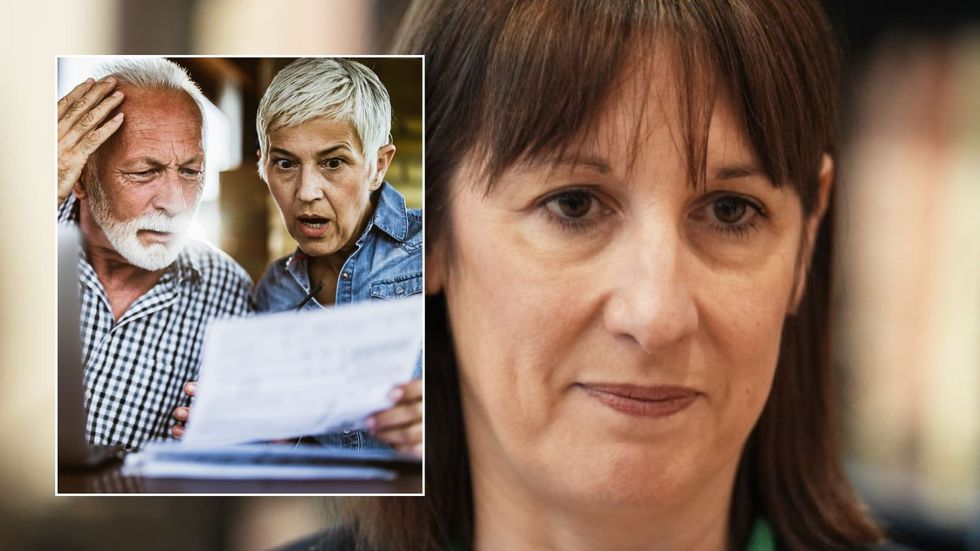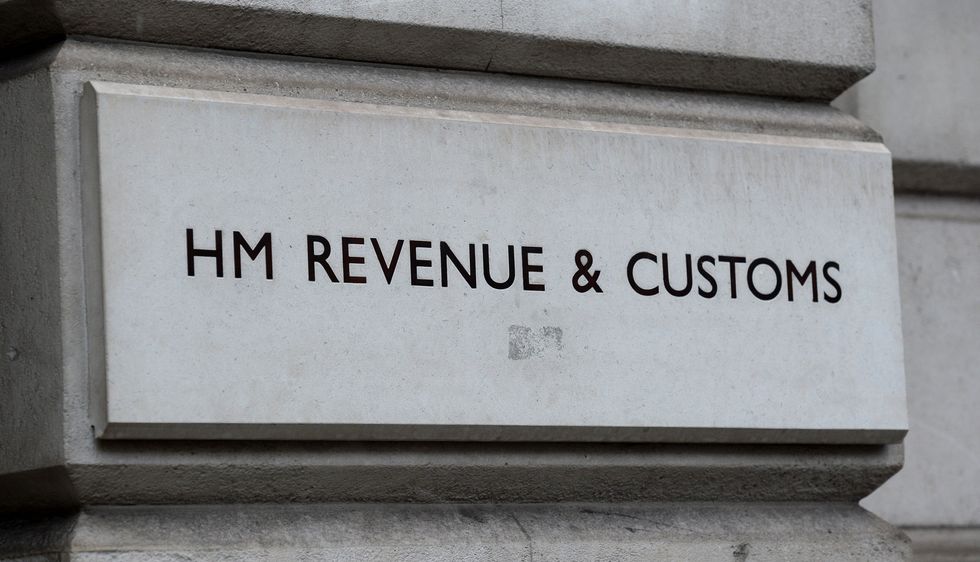A rumoured £40billion tax raid on pension savings by Chancellor Rachel Reeves could “come at the expense” of Britons with workplace retirement funds, analysts warn.
Under the Chancellor’s proposed reforms, companies will be allowed to access defined benefit (DB) pension surpluses with a 25 per cent tax charge.
It is understood that Labour’s potential move would allow firms to access £160billion in DB pension surpluses.
This would loosen existing safeguards that protect pensions from riskier investments. Under the proposals, any money drawn down would instantly be hit with a 25 per cent tax charge.

Analysts are warning over the potential impact of the rumoured policy being drawn up by Rachel Reeves
GETTY
This would provide a much-needed boost for Reeves as she seeks to avoid breaching her own fiscal rules. Approximately 8.8 million people are currently members of defined benefit schemes across the UK.
Romi Savova, the CEO and Founder of PensionBee, has weighed in on the Chancellor’s plans.
“Tapping pension surpluses to boost economic growth can be a well-considered approach provided it doesn’t come at the expense of member security,” she said.
She warned that any approach would need to consider various economic scenarios, including potential interest rate reductions and stock market volatility.
“These funds ultimately belong to pension savers and must be treated with the utmost care,” Savova added.
She questioned why more surpluses are not being passed back to savers directly.
“The Government must tread carefully – trust in pensions is hard won and easily lost.”
Concerns about the reforms have been echoed by pension scheme members themselves.
In a recent poll of 1,000 members of defined benefit schemes, conducted by the Pension Insurance Corporation, 60 per cent said the Government’s plans would put their pensions at risk.

Pension pots are at risk of being liable for paying extra tax
GETTY
Consultants at Hymans Robertson estimate that around £160billion could be available for companies to draw down from these pension funds.
Options for using the cash include paying more to shareholders, increasing spending on their business or making investments elsewhere.
The Government is due to report back in the spring with full details of its reforms, instead of during the Autumn Budget later in the year.
Stephen Lowe, director at retirement specialist Just Group, has warned that the move could reduce pensions and lead to riskier investments.
“Most commentators have been fixated on how this surplus is going to be funnelled into building UK reservoirs and bridges, but they’ve missed a more immediate benefit the Chancellor is targeting – tax revenue,” he said.
“For every £10billion of pension funds surplus extracted, £2.5billion goes straight into the Treasury’s bank account.”
LATEST DEVELOPMENTS:

The Government is looking for ways to raise tax revenue
PA
Lowe emphasised that protecting pensions must be the first priority of any pension scheme.
“Extracting surplus and making riskier investments, before pensions have been guaranteed, could lead to less money in the scheme and therefore put retirements at risk,” he warned.
The rumoured proposal also comes as the Government bids to attract investment in British infrastructure and the beleaguered London stock market.
Nausicaa Delfas, chief executive of the Pensions Regulator, said: “Where schemes are fully funded and there are protections in place for members, we support efforts to help trustees and employers consider how to safely release surplus.”


